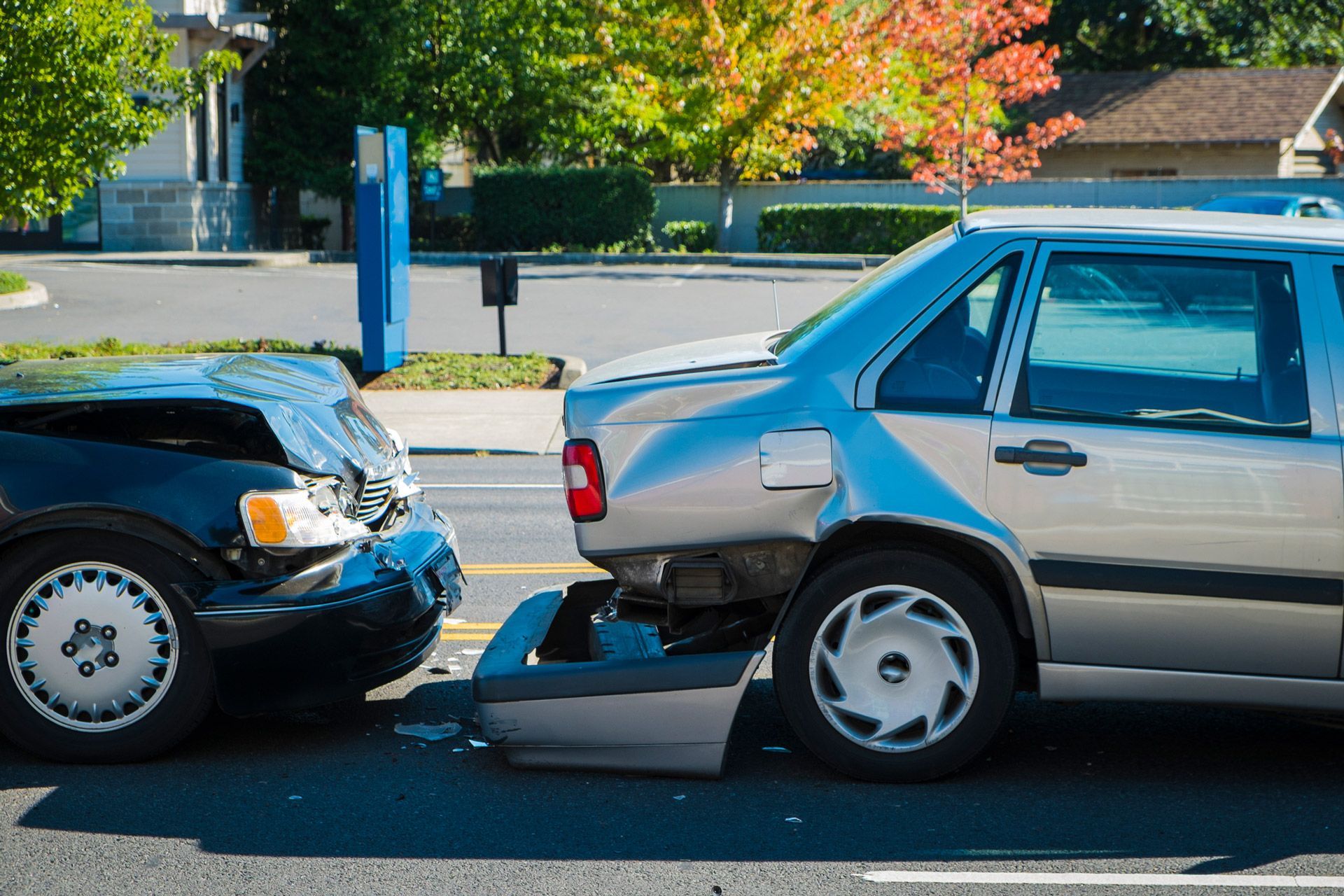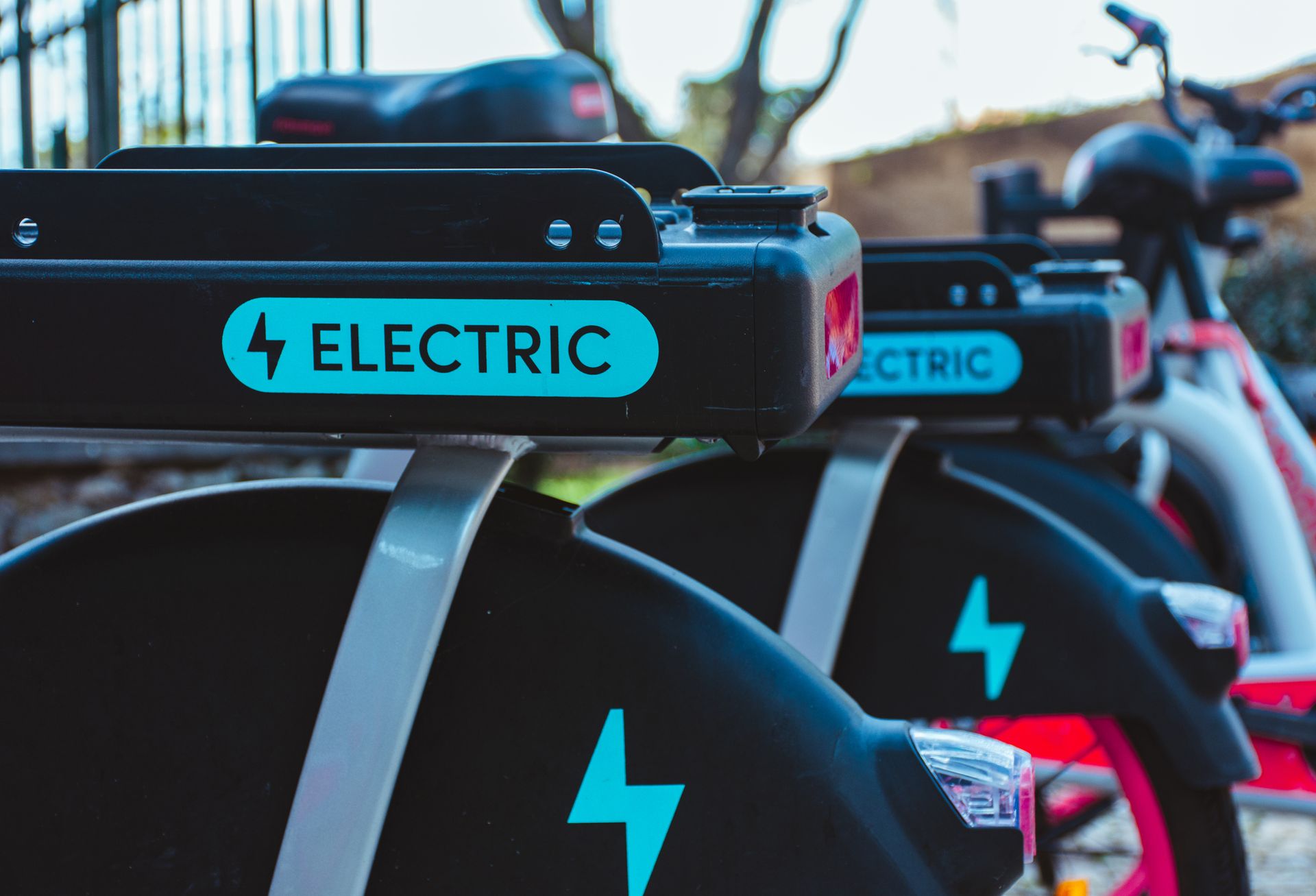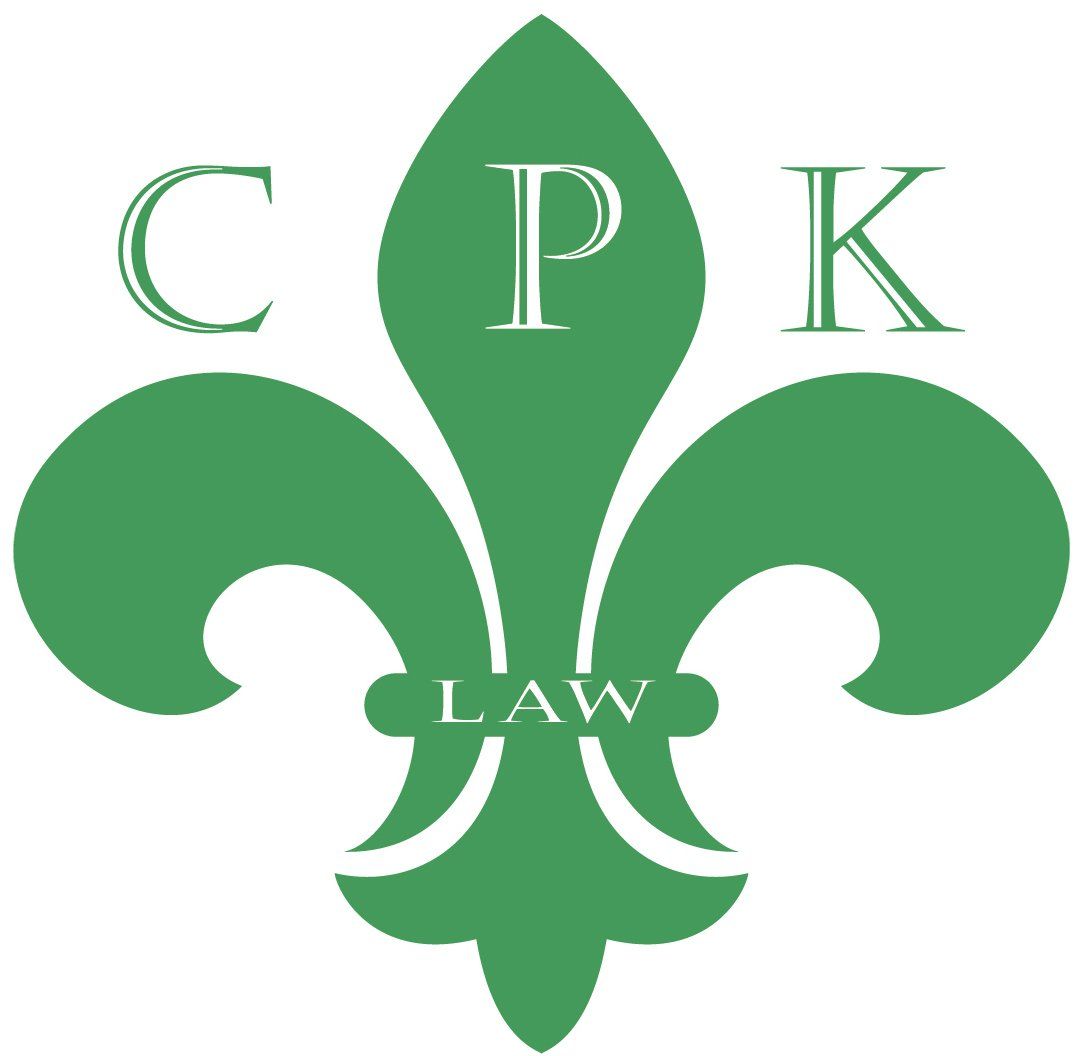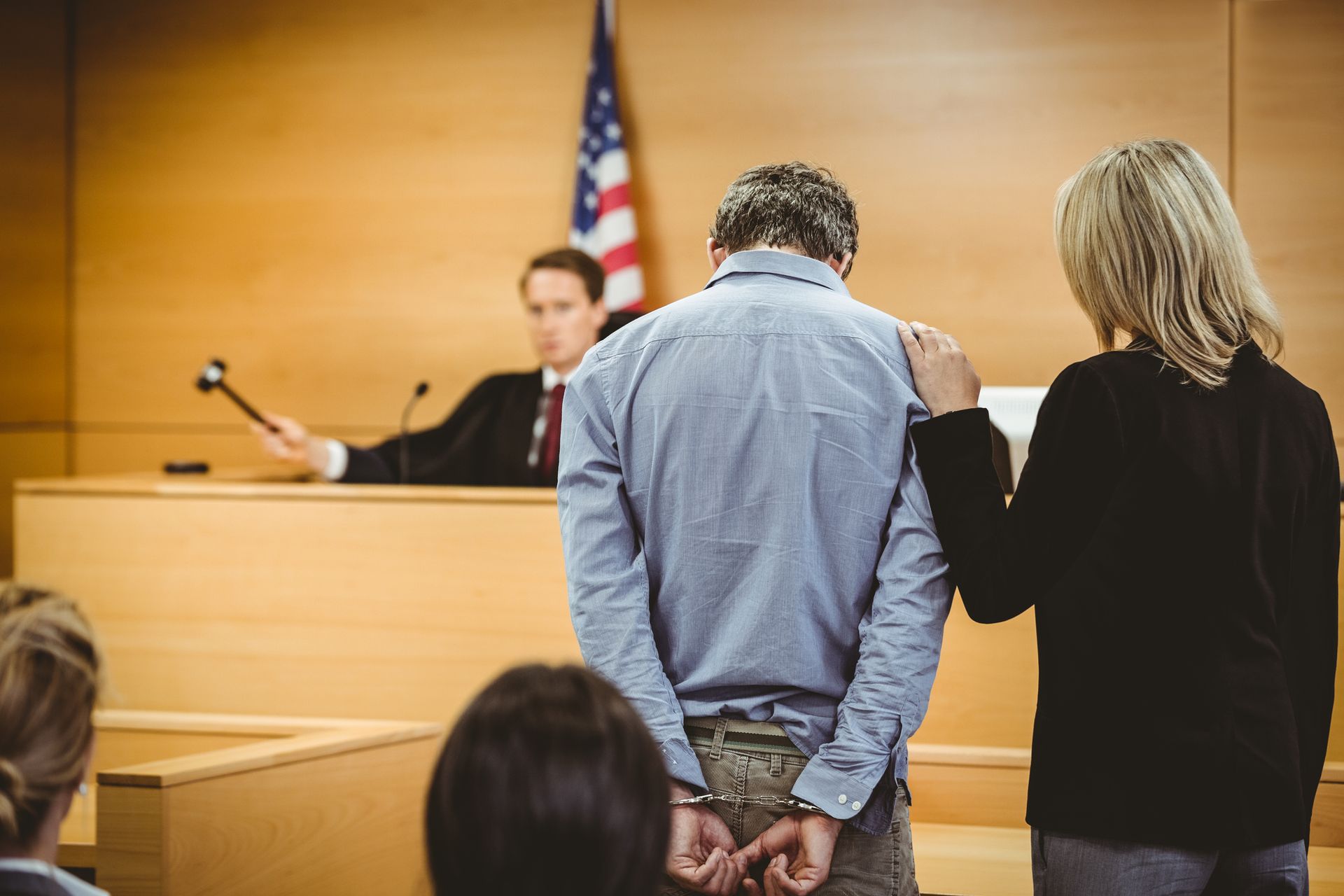What happens after a DUI arrest? And should I hire an attorney? By: Melanie Scheible, Esq.
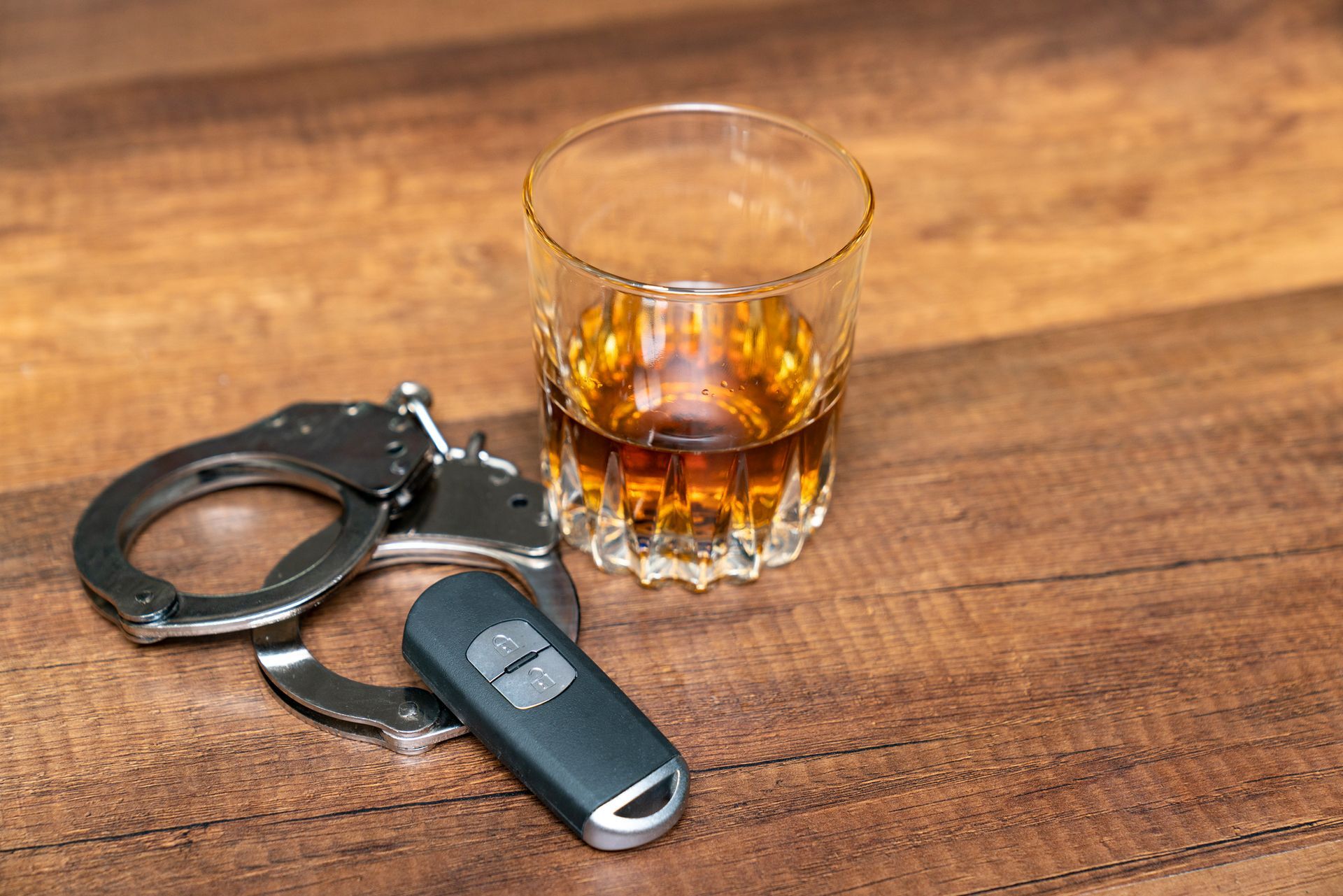
Driving Under the Influence (DUI) is a criminal offense in every State. There are more than 10 different courts in Clark County and 6 courts in the Las Vegas Valley where DUI cases are heard. While each court operates slightly differently, the basic processes and timelines are the same.
Most people who are arrested on DUI charges are released from custody (jail) within 24 hours of arrest and do not have to post bail. When one is taken to jail on a DUI arrest, a sample of their blood will generally be taken and sent to a lab for testing. The results are not available immediately and most people are released while the lab processes the blood. This could result in the process taking several months. When one is released from jail, it is common that the next date they would have to return to court is 6 months later. Many clients contact an attorney at this time, which is a smart way to ensure the case is handled properly.
During this waiting period between being released from jail and going to court, it is important to take care of any issues with the DMV. The DMV and court system are separate, and the DMV may take action to restrict someone’s driver’s license before they even attend their first court date. An attorney can also help with the DMV process and, in some cases, prevent the license revocation.
The first opportunity for the prosecutor to inform the judge if they are filing charges is at the first court hearing. At that time, one of three things will happen: the charges may be filed, the case may be dismissed, or the prosecutor may request more time to decide whether or not to file charges. The prosecutor has 1 year from the date of arrest to file those charges if he/she decides to do so. Most people who have hired an attorney choose not to attend this court date, and their attorney will appear for them. Anyone who does not have an attorney is required to appear in court.
Once charges are filed- whether it is at the first court hearing or a subsequent hearing- the person and their attorney are entitled to the evidence in the case which includes the arrest report, the toxicology report, and body camera footage. The court will then give that person another date to come back to court for a hearing or trial, which can range from one month to six months later; depending on the court.
A person charged with a DUI can review and discuss the evidence in their case with their attorney once the complaint has been filed. Most cases are “negotiated” at this time which means that the person chooses to accept certain consequences, such as paying a fine and taking driver safety classes. If the person does not wish to agree to particular consequences, they will have to go to trial. At a trial, the prosecutor calls witnesses- like the arresting officer and the toxicology expert- to prove that the person was driving under the influence. The accused and their attorney also get to ask those witnesses questions and present witnesses of their own, if they choose to do so. Once the evidence has been presented, the judge makes a decision as to whether or not the person is guilty. If they do indeed find them guilty, the judge imposes a sentence that could include fines, classes, or even jail time. It is part of an attorney’s duty to help their client understand these possible consequences as well as the likeliness of a judge finding them guilty at trial. The attorney should review the evidence with their client and explain the legal strengths and weaknesses of the case. Sometimes, the law does not match our common understanding of what it means to drive under the influence and an attorney helps translate the law into terms anyone can understand. Many people choose to accept negotiations instead of going to trial to have certainty in the outcome.
Any requirements imposed by the judge, whether they were agreed to in negotiations or imposed at sentencing following a trial, must be completed and proof provided to the court in a certain time period. When all the requirements are complete, the prosecutor will check the person's criminal history to ensure they have not been arrested on any new charges since the start of the DUI case. If no new charges have been filed and all requirements are complete, the case can be closed. The time period to complete the requirements can range anywhere from one month to one year.
The National Highway Traffic Safety Administration has recorded an increase in fatalities due to driving under the influence around the holidays for several years. As we head into this holiday season, give your loved ones the gift of staying safe on the roads. Don’t drive after drinking, or ingesting marijuana, or any other controlled substances. If you need help call the SAMHSA Helpline at 1-800-662-4357 for free, confidential advice and referrals 24/7, 365 days a year.
